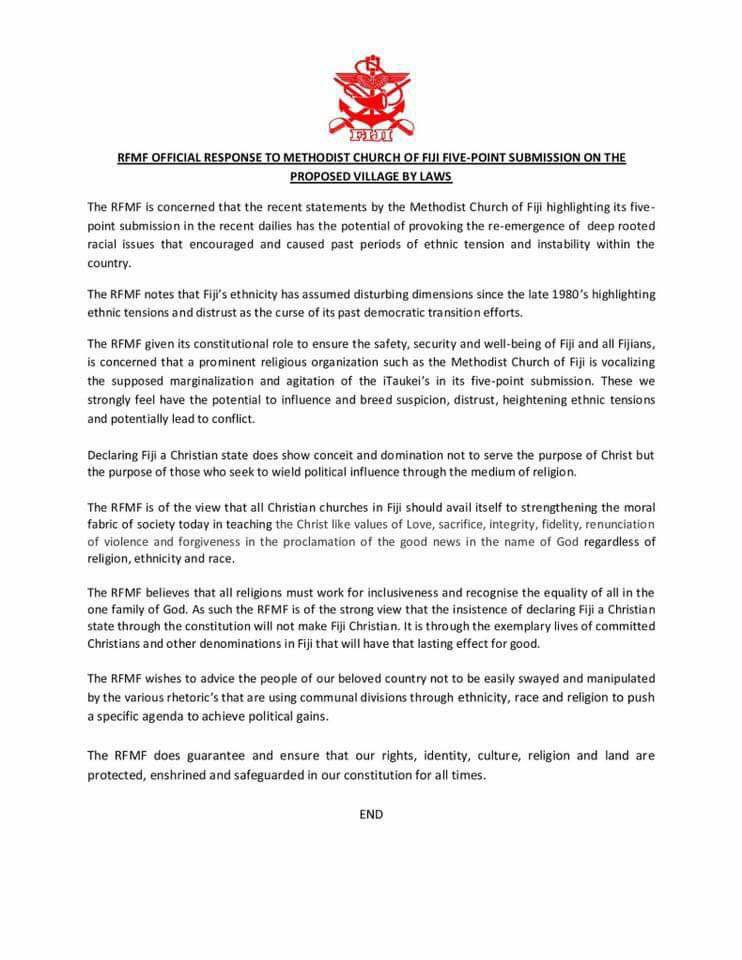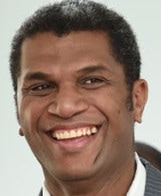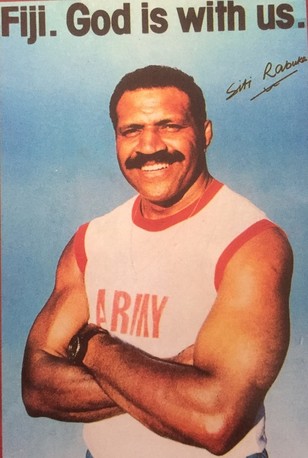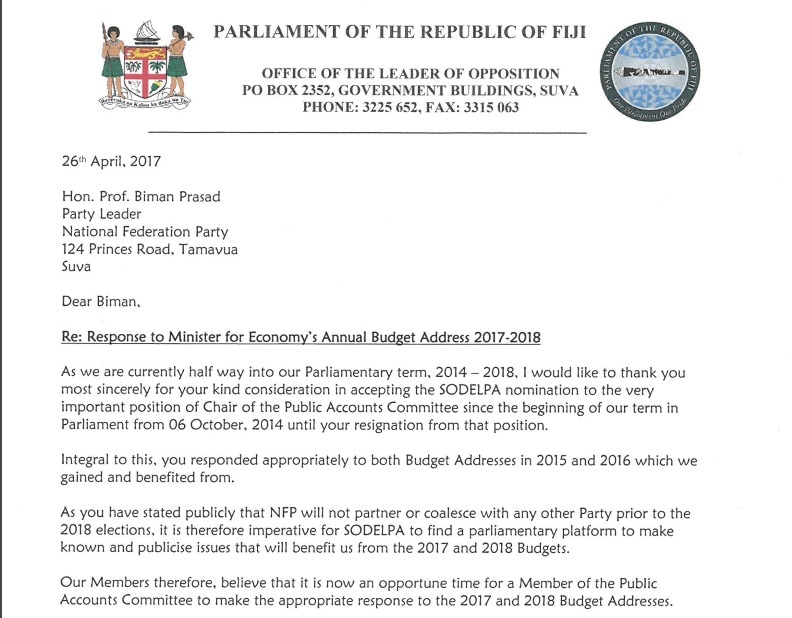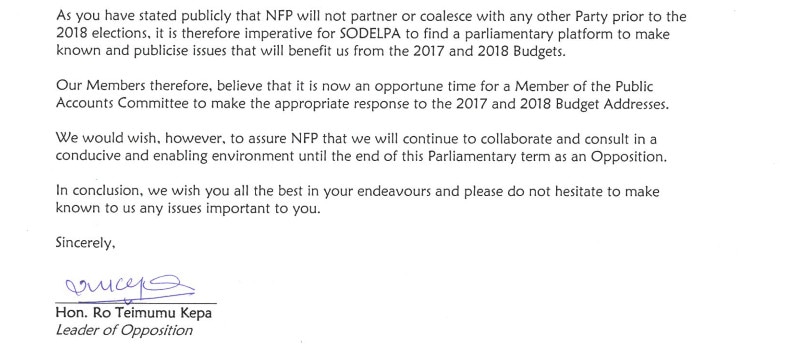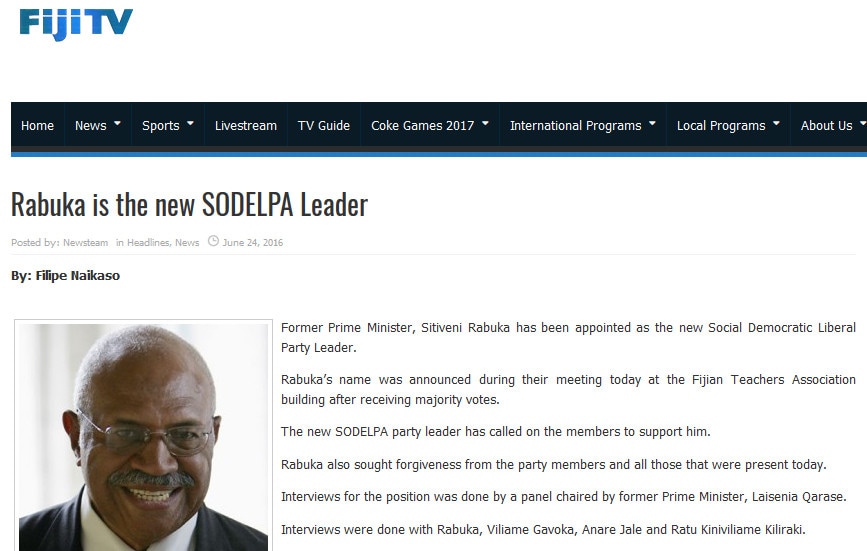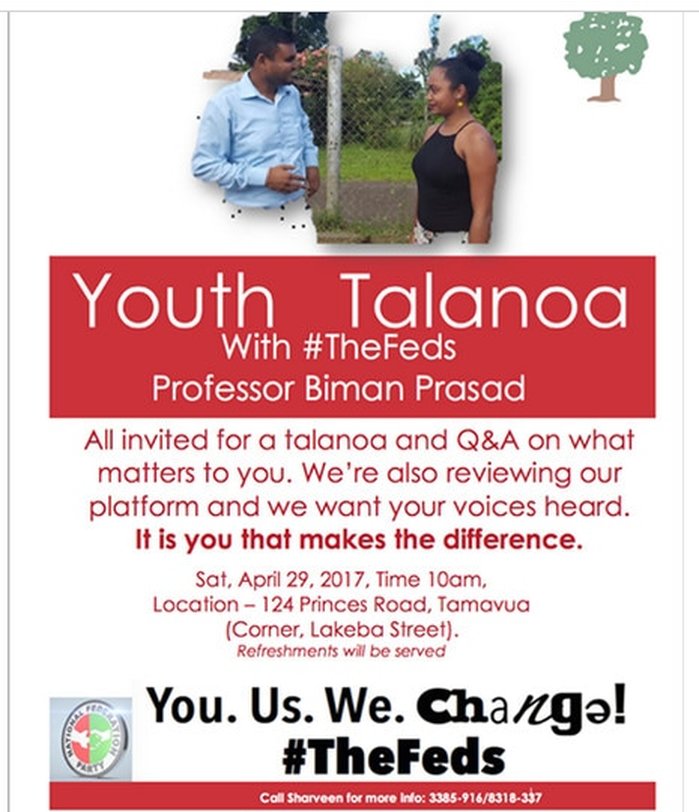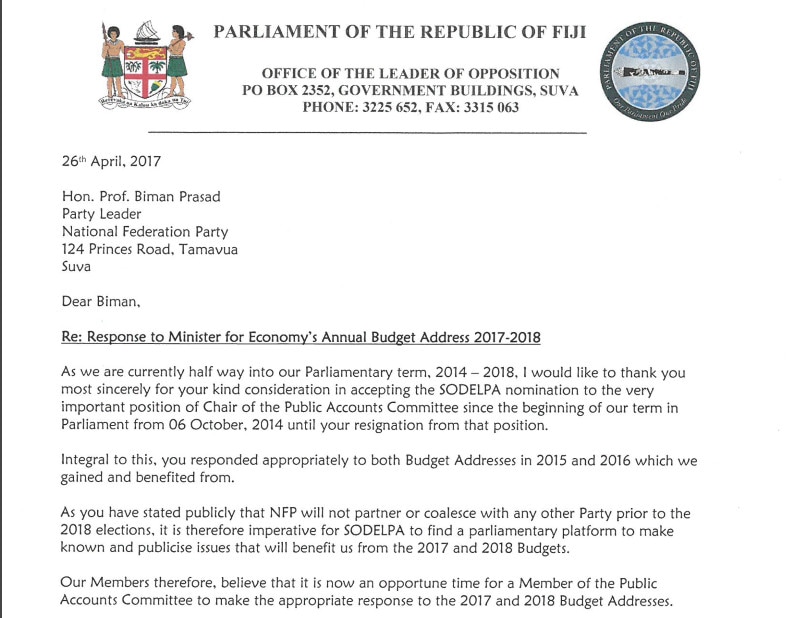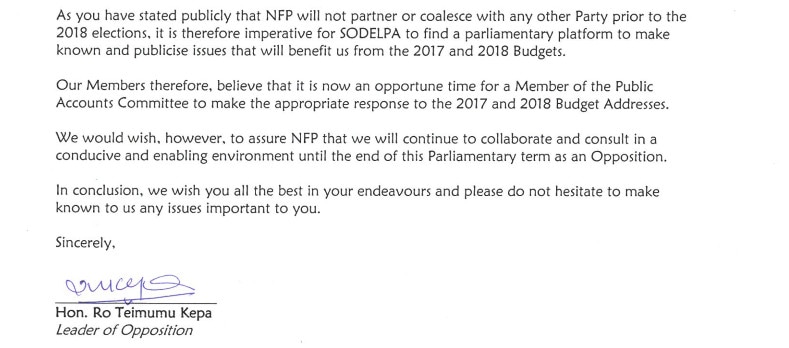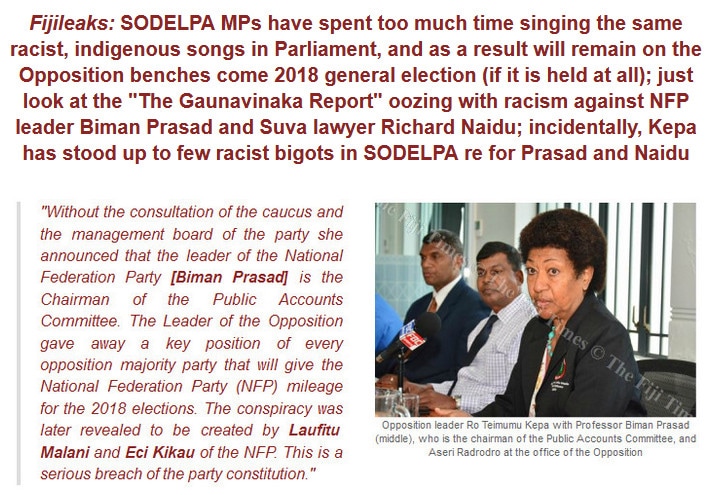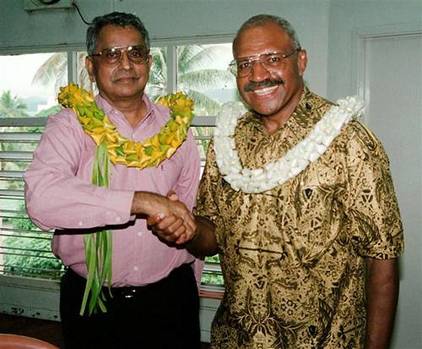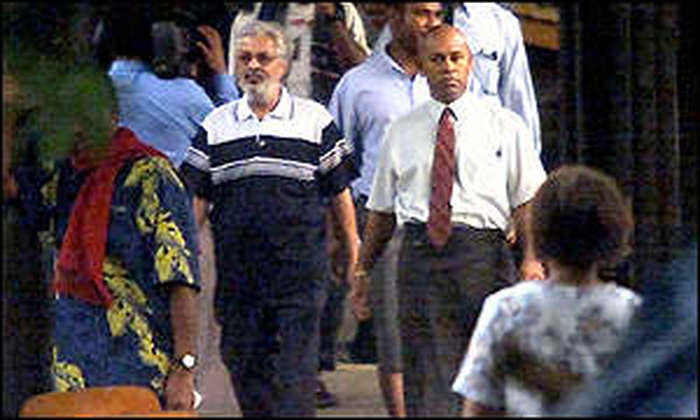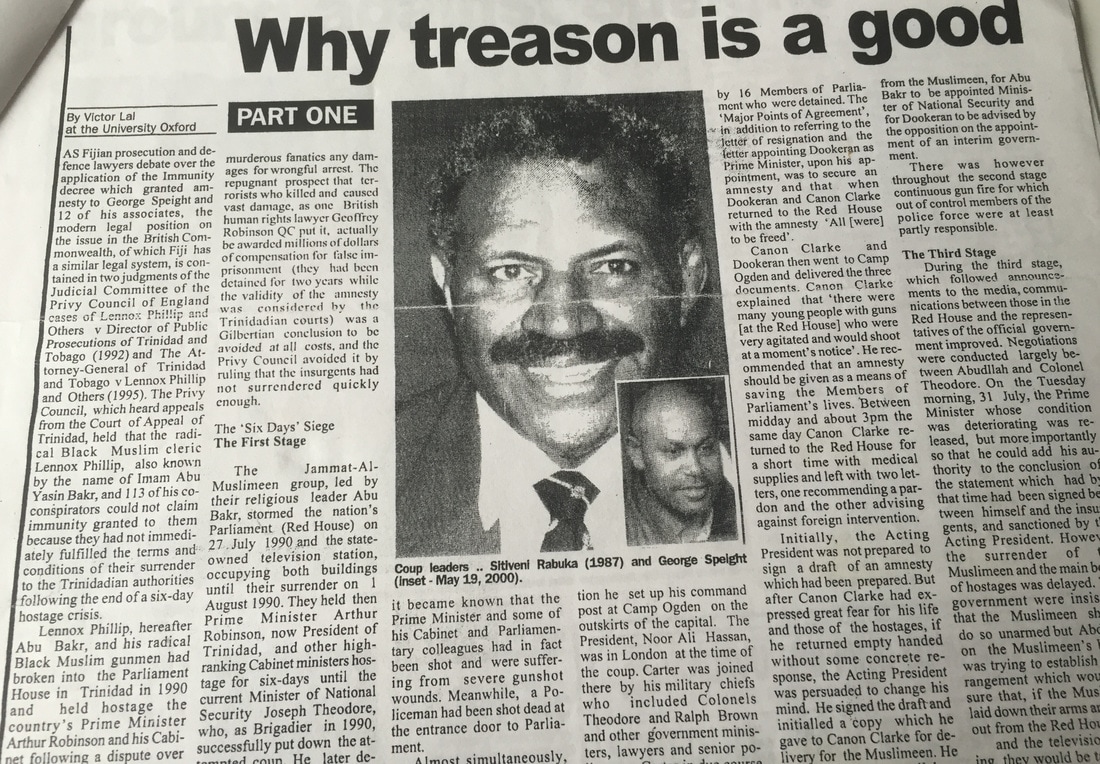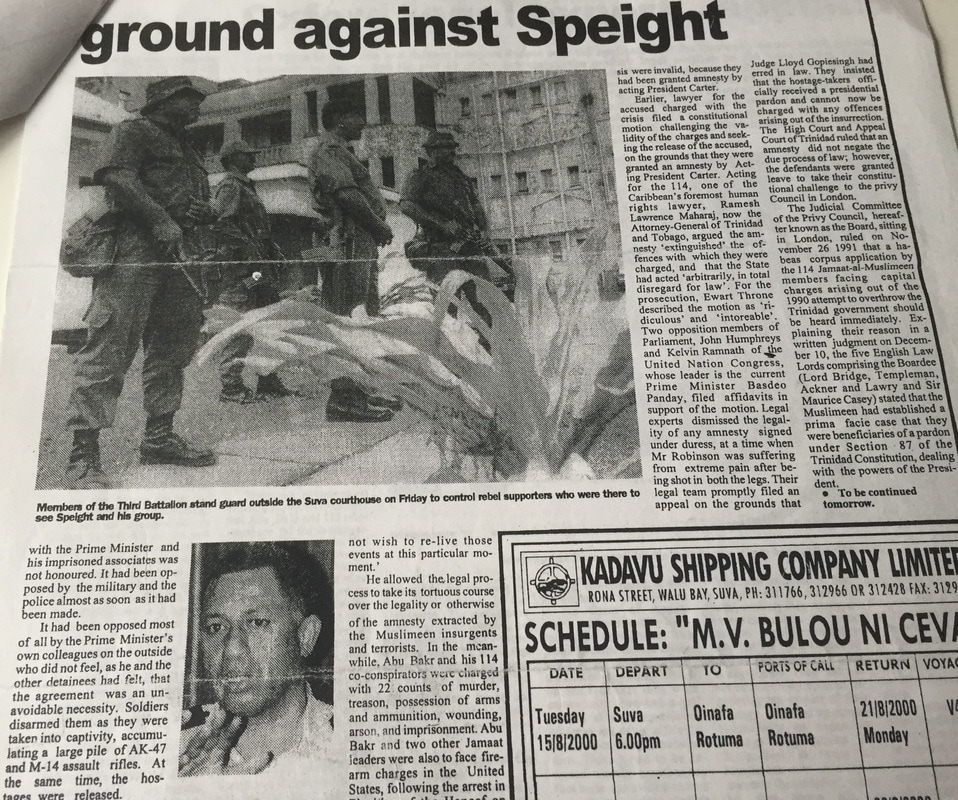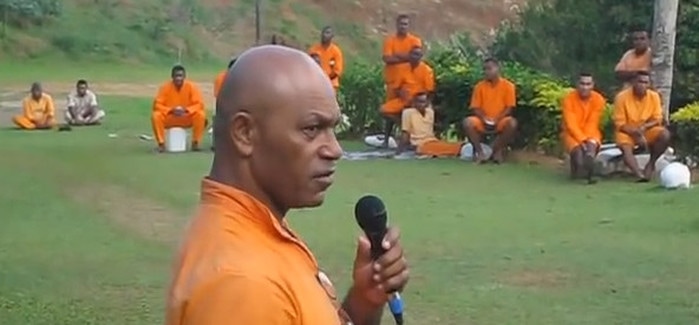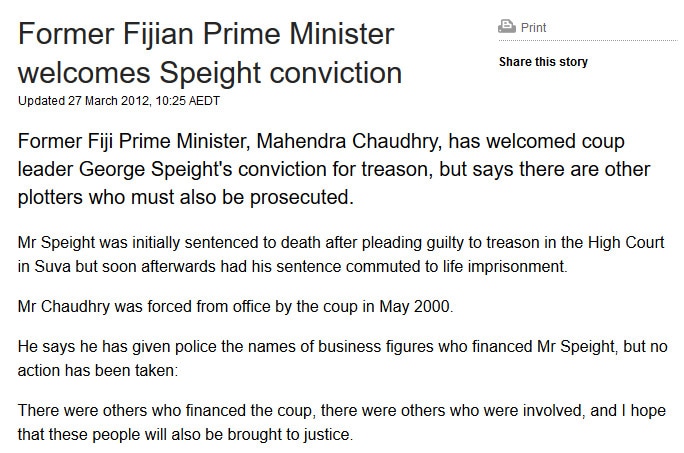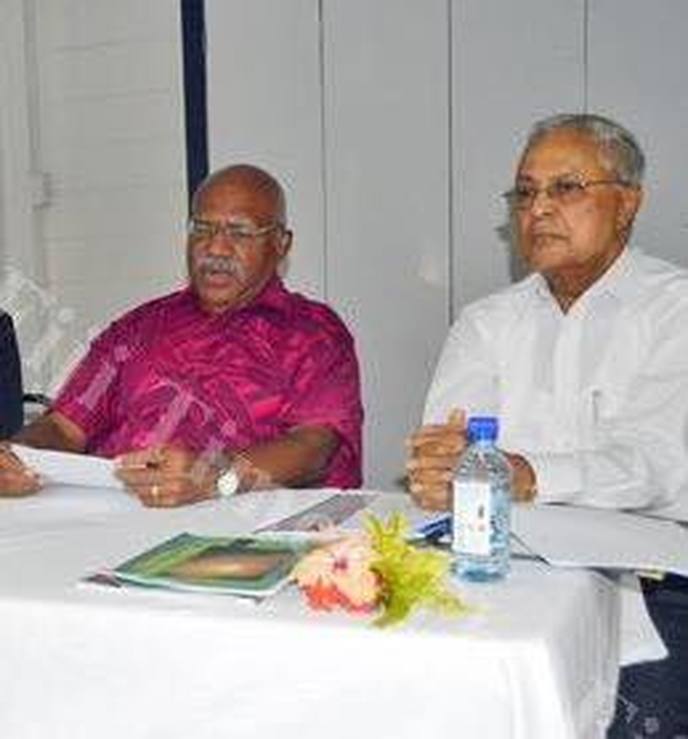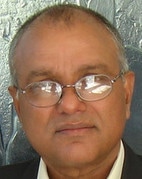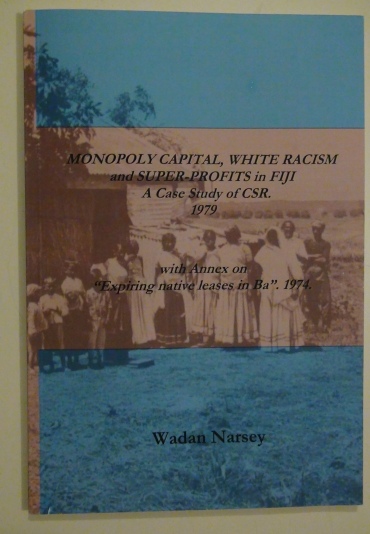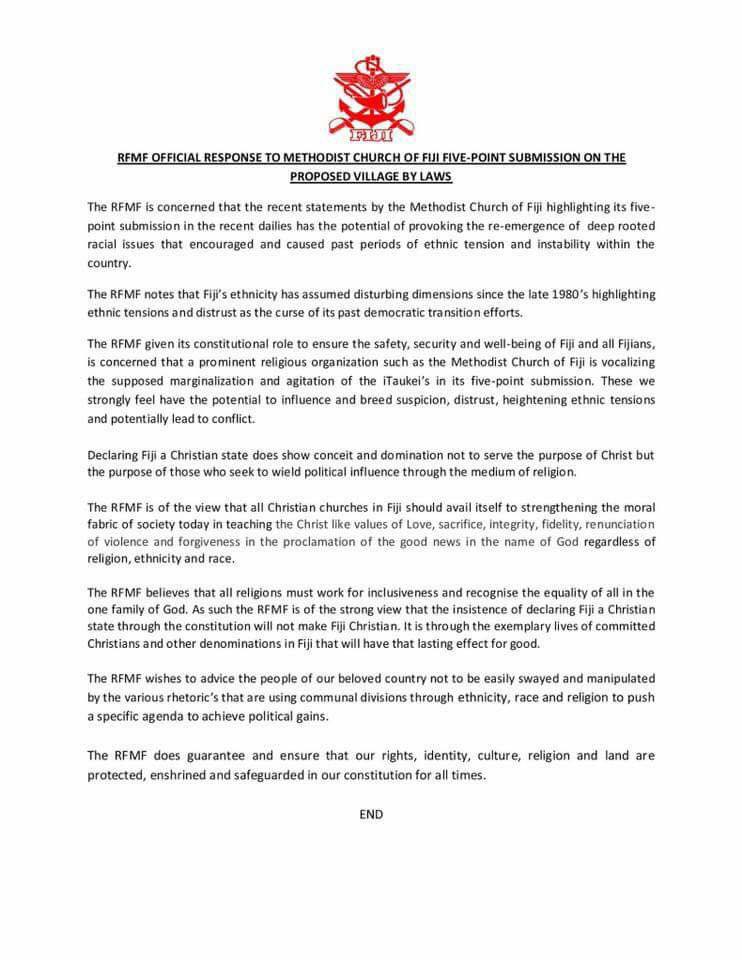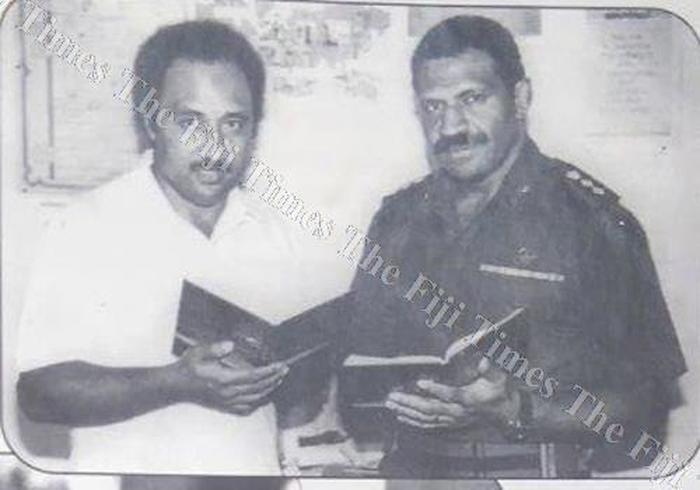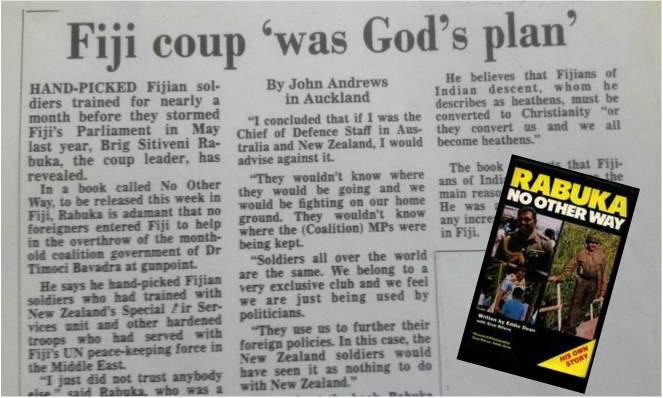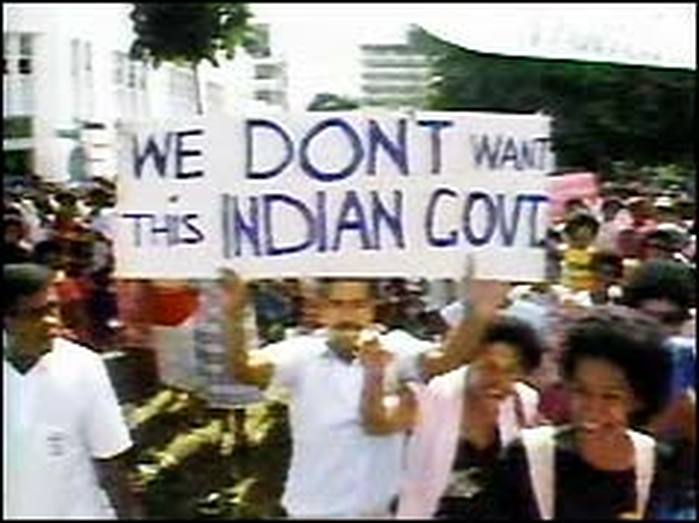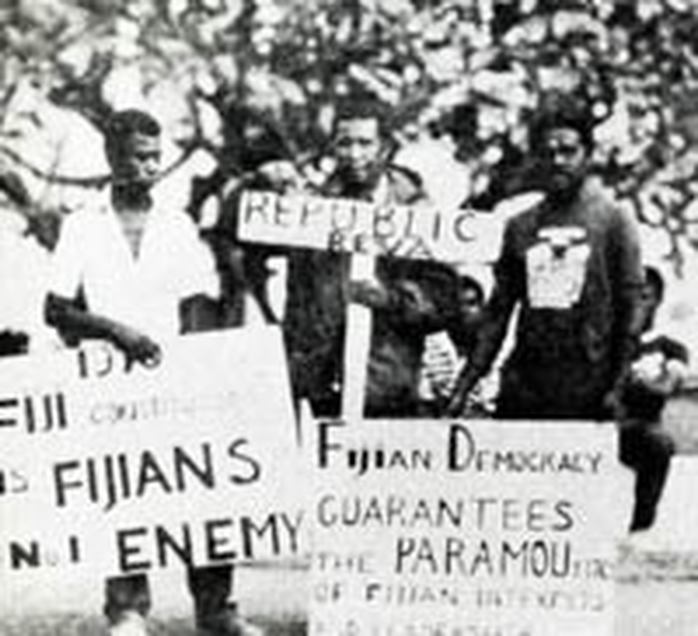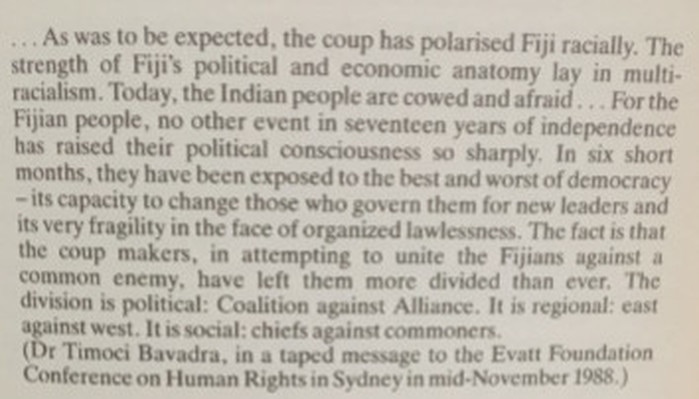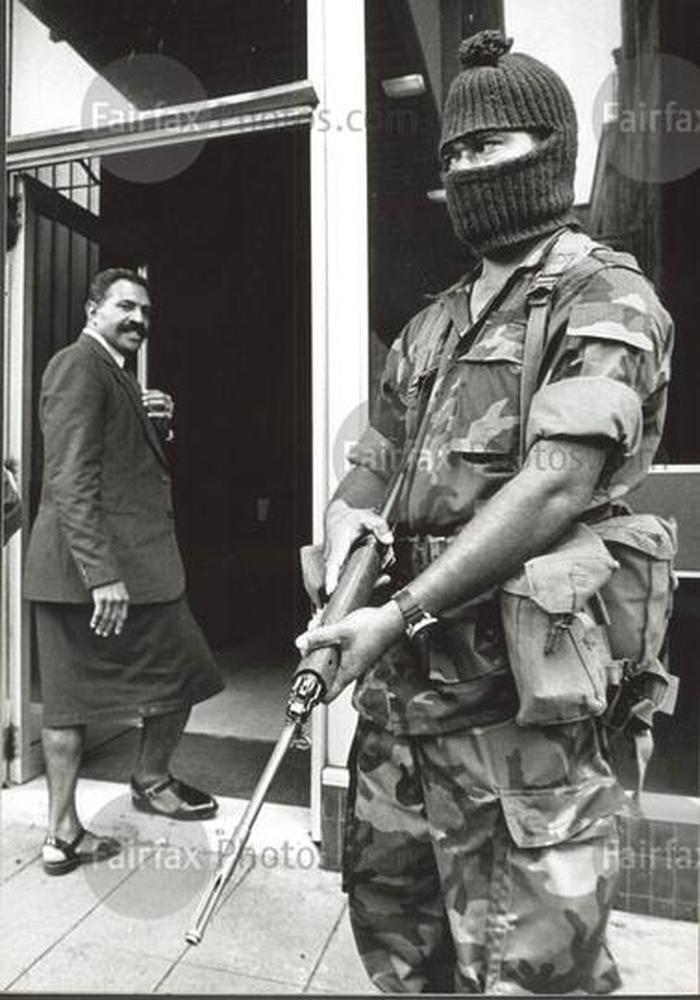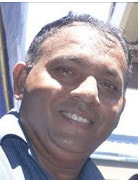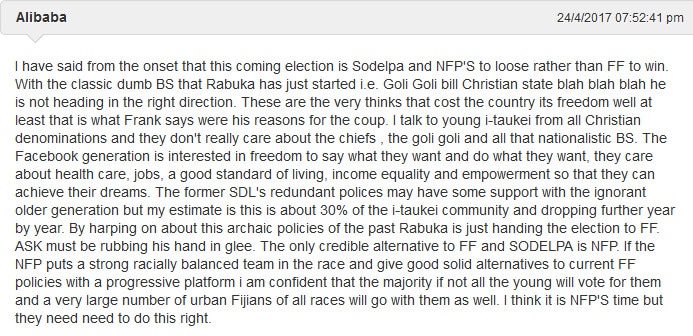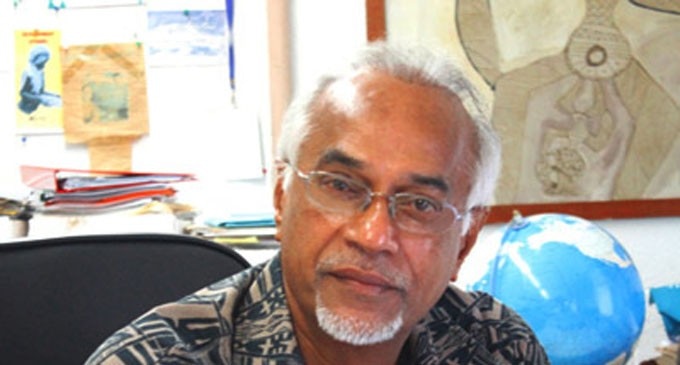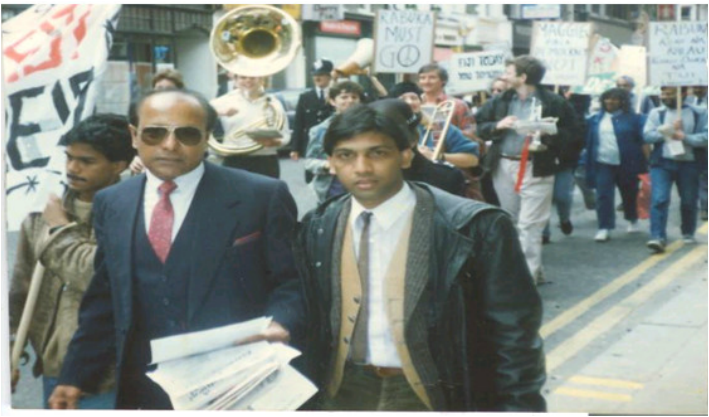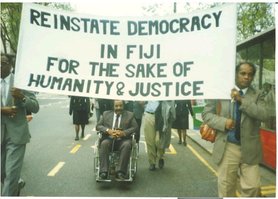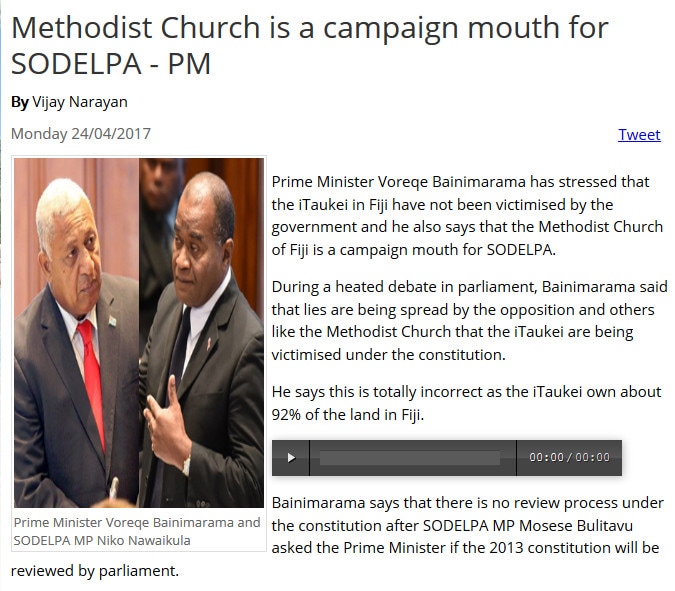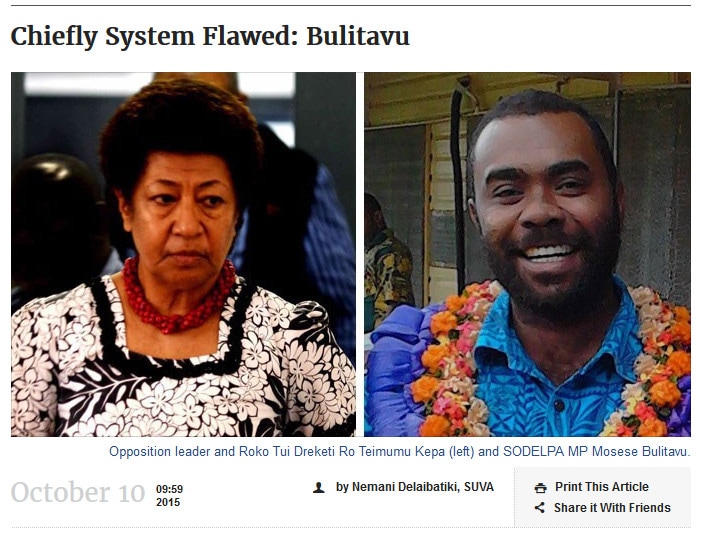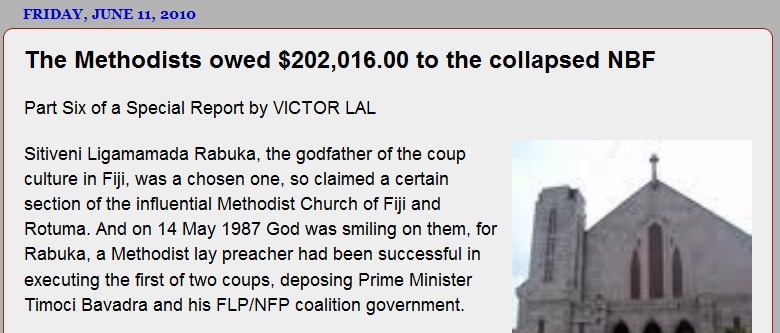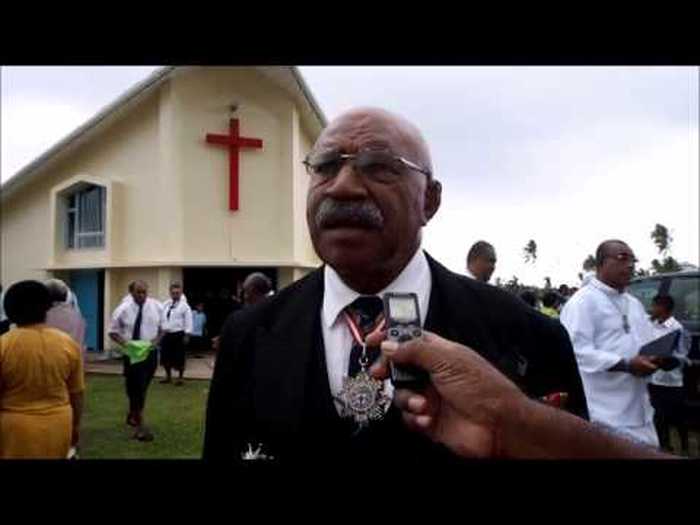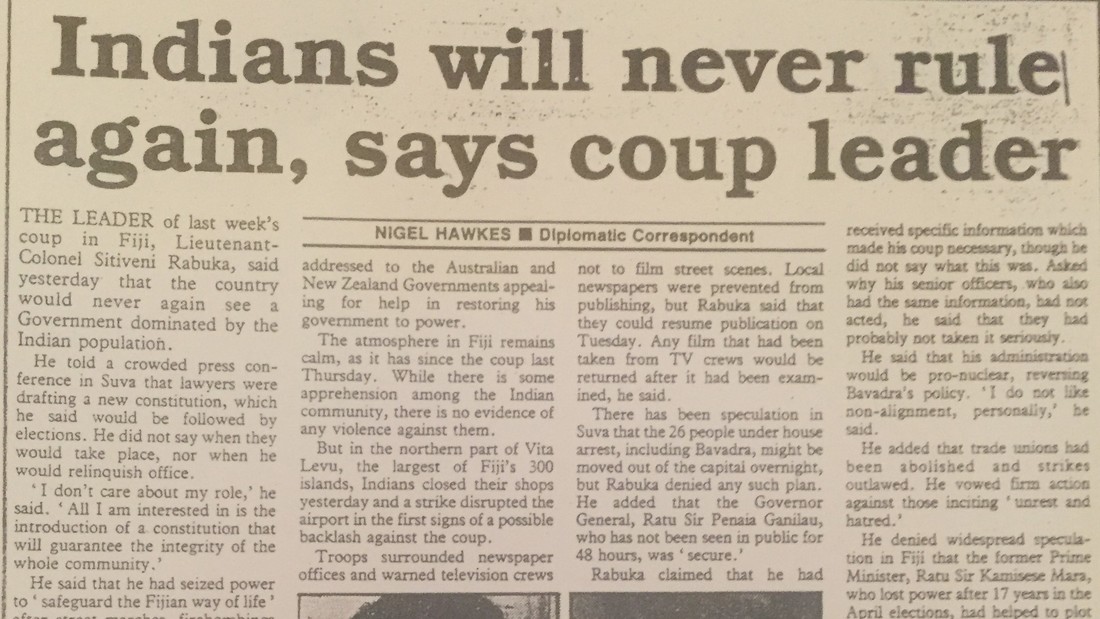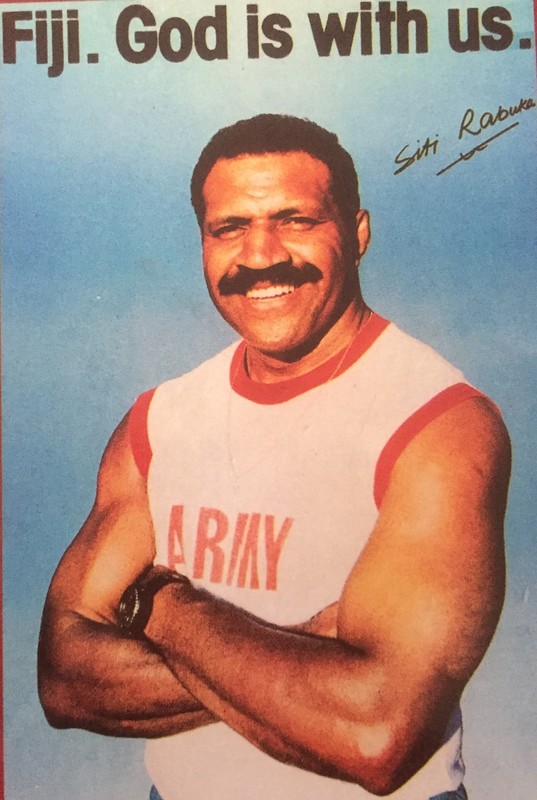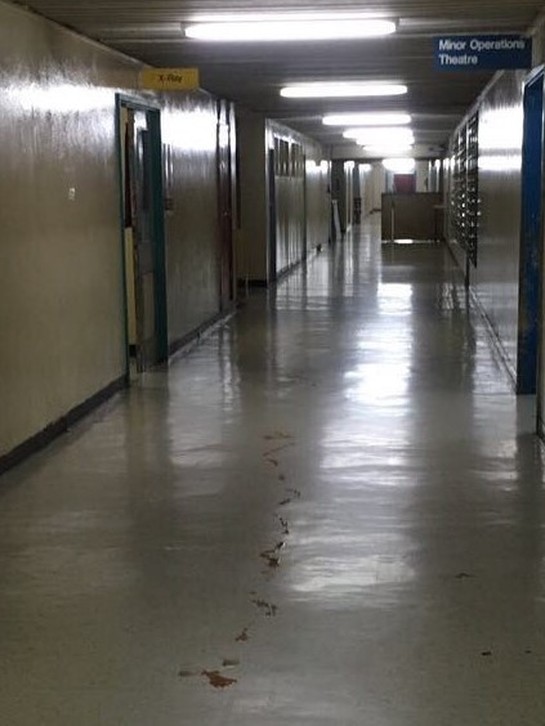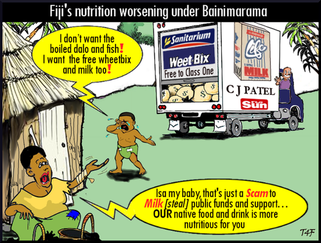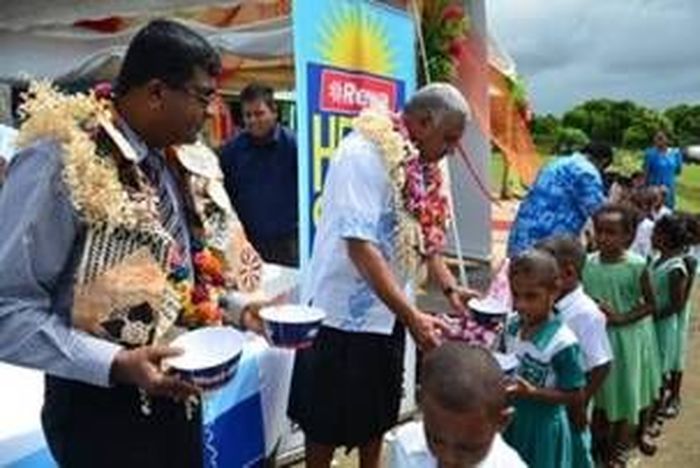What about other demands in the submission: who was behind them?
The sub-committee of the Methodist Church in Fiji which prepared a submission to the iTaukei Affairs Ministry on the Proposed Village By-Laws, went beyond its terms of reference in the points it made.
The Standing Committee of the Church had tasked the sub-committee with calling for more time for submissions, open dialogue and participatory decision-making in the case of the Proposed Village By-Laws, which is the hallmark of democratic governance.
It has been ascertained that the team that prepared the submission did not include the full sub-committee which would not have agreed to the version of the submission which was sent out.
Senior members of the Church were not at the meeting and not consulted on the final draft. This represents a serious breach of Church procedure and will be addressed at the next Standing Committee meeting. The Church Leadership will be discussing this matter with the Sub-committee.
Yesterday the Methodist Church in Fiji General Secretary, Rev. Dr. Epineri Vakadewavosa, spoke with the RFMF Land Force Commander to respond to the recent statement issued by the RFMF on the Methodist Church’s submission. He made it clear that that submission is not representative of the views of the Church Leadership or the Standing Committee and not reflective of the direction that the Methodist community of faith is trying to head in its Lako Yani Vou / New Exodus.
This morning Rev. Dr. Vakadewavosa also spoke with the Prime Minister at his earliest convenience, to reiterate the Church’s apolitical stance and that the Church will maintain its integrity in terms of upholding the values of living in harmony with all people of all faiths as protected in the 2013 Constitution. The church remains committed to working with the government on issues of Climate Change, Gender-Based Violence, Education and Social Welfare, which are part of Christian life and important pillars of the Church.
The Methodist Church will not allow itself to be used or manipulated for political gain by any individual or organisation. The Church remains committed to speak in love to amplify the voices of those who feel they are not being heard.
As the Church leadership has previously mentioned, they will continue to work with government and all stakeholders for a peaceful and just society in Fiji.
ENDS
The Standing Committee of the Church had tasked the sub-committee with calling for more time for submissions, open dialogue and participatory decision-making in the case of the Proposed Village By-Laws, which is the hallmark of democratic governance.
It has been ascertained that the team that prepared the submission did not include the full sub-committee which would not have agreed to the version of the submission which was sent out.
Senior members of the Church were not at the meeting and not consulted on the final draft. This represents a serious breach of Church procedure and will be addressed at the next Standing Committee meeting. The Church Leadership will be discussing this matter with the Sub-committee.
Yesterday the Methodist Church in Fiji General Secretary, Rev. Dr. Epineri Vakadewavosa, spoke with the RFMF Land Force Commander to respond to the recent statement issued by the RFMF on the Methodist Church’s submission. He made it clear that that submission is not representative of the views of the Church Leadership or the Standing Committee and not reflective of the direction that the Methodist community of faith is trying to head in its Lako Yani Vou / New Exodus.
This morning Rev. Dr. Vakadewavosa also spoke with the Prime Minister at his earliest convenience, to reiterate the Church’s apolitical stance and that the Church will maintain its integrity in terms of upholding the values of living in harmony with all people of all faiths as protected in the 2013 Constitution. The church remains committed to working with the government on issues of Climate Change, Gender-Based Violence, Education and Social Welfare, which are part of Christian life and important pillars of the Church.
The Methodist Church will not allow itself to be used or manipulated for political gain by any individual or organisation. The Church remains committed to speak in love to amplify the voices of those who feel they are not being heard.
As the Church leadership has previously mentioned, they will continue to work with government and all stakeholders for a peaceful and just society in Fiji.
ENDS
ADDITIONAL REPORTING: According to information received by Fijivillage, a sub-committee of the Methodist Church in Fiji had asked the government not to enact proposed village by laws, the Great Council of Chiefs to be reinstated and Fiji to be made a Christian State.
The five-point submission put up by the church’s standing committee also wanted immediate open consultation with the Itaukei along with the removal of 17 decrees and policies which the church claims breach ILO Convention 169 and the UN Declaration on the rights of the indigenous people.
The sub-committee of the Methodist Church also wanted an extended timeline to review the proposed village by laws and review the 2013 Constitution.
They are again calling for the review of the constitution and also want Fiji to be a Christian state, in accordance with the clear stipulations of the Deed of Cession, and the wishes of the chiefs and people of Fiji, as expressed in the “Wakaya Letter.”
Meanwhile, we have tried to get a confirmation whether the Methodist Church in Fiji went to its members as a number of members have stated that they were never asked about the submissions and their views.
The five-point submission put up by the church’s standing committee also wanted immediate open consultation with the Itaukei along with the removal of 17 decrees and policies which the church claims breach ILO Convention 169 and the UN Declaration on the rights of the indigenous people.
The sub-committee of the Methodist Church also wanted an extended timeline to review the proposed village by laws and review the 2013 Constitution.
They are again calling for the review of the constitution and also want Fiji to be a Christian state, in accordance with the clear stipulations of the Deed of Cession, and the wishes of the chiefs and people of Fiji, as expressed in the “Wakaya Letter.”
Meanwhile, we have tried to get a confirmation whether the Methodist Church in Fiji went to its members as a number of members have stated that they were never asked about the submissions and their views.

